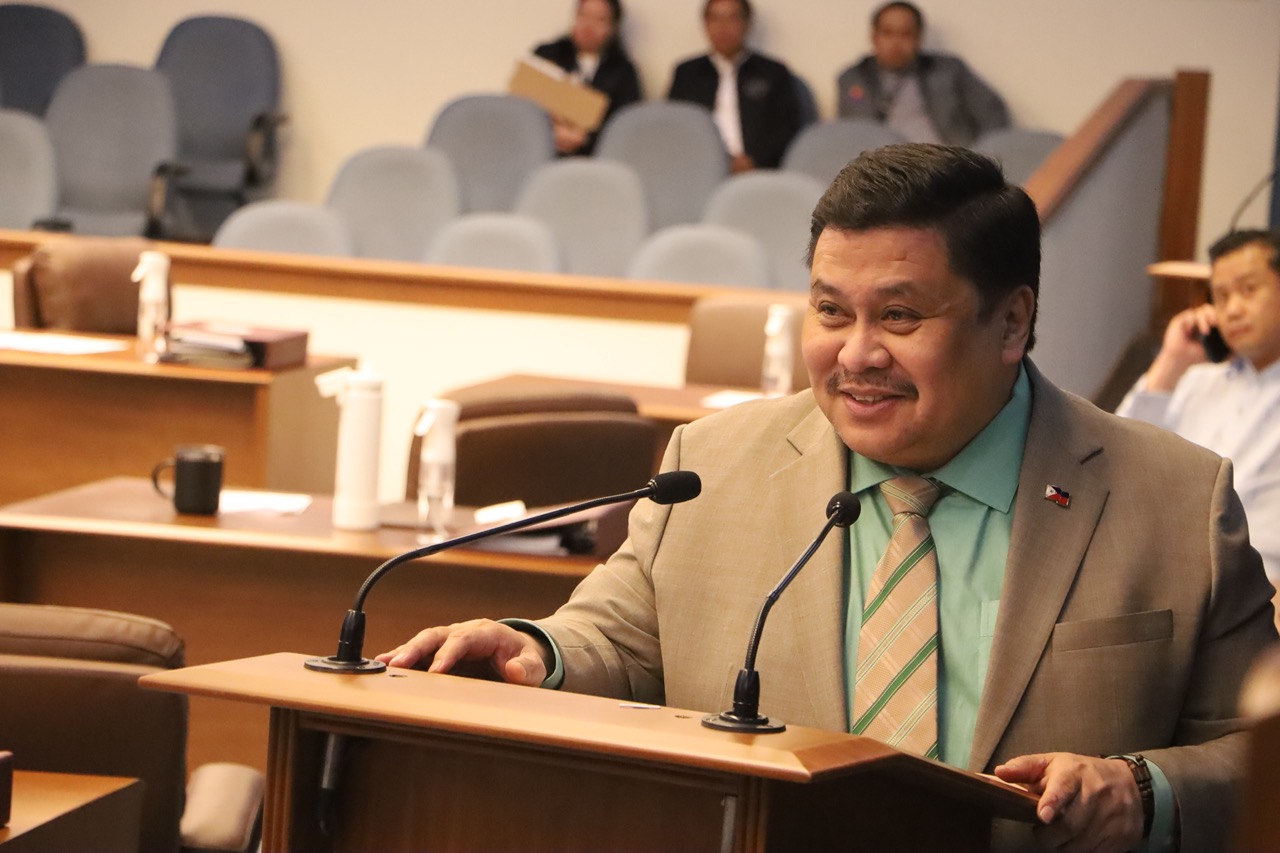
By Wilnard Bacelonia | Philippine News Agency
In the aftermath of successive typhoons that battered the country, Senate President Pro Tempore Jinggoy Estrada on Tuesday urged the passage of a measure that seeks to institutionalize the establishment of a nationwide network of food banks and stockpiles to speed up the delivery of relief goods and supplies during crises and natural calamities.
“Maraming beses nang nangyari na naantala ang pagpapadala ng relief goods dahil may problema sa accessibility ng mga apektadong lugar. Kung may food banks nationwide, makakaasa tayo na may maipamamahagi sa ating mga kababayan sa panahon ng kalamidad,” Estrada said.
Under Senate Bill No. 2860 or the Disaster Food Bank and Stockpile Act that he filed on Oct. 30, a central repository and supply reserve shall be established in every province and highly urbanized city across the country for basic and augmentation support during disaster response and recovery operations.
Estrada said these hubs will store non-perishable food, water, critical medicines, and essential supplies, including personal protective equipment (PPE), for immediate deployment during crises and natural calamities.
The hubs will also store other essential goods such as portable power and light sources, first aid kits, clothing, tents, and communication devices.
“The Philippines is among the most disaster-prone countries in the world, and time and again, we have seen how delays in the delivery of aid exacerbate the suffering of our people. With the establishment of disaster food banks, we can respond quickly, efficiently, and effectively to the needs of our people, ensuring that no Filipino is left hungry or helpless during a crisis,” Estrada said.
Under the proposed measure, supplies should have a shelf life of at least two years and be sufficient for all constituents for at least three weeks following a calamity.
Island municipalities, hard-to-reach areas, and disadvantaged communities will be prioritized in the establishment of food banks.
A first-in, first-out system will be adopted to ensure efficient deployment and utilization.
Estrada said items and supplies nearing their expiration dates shall be donated to appropriate government agencies and institutions, such as the Department of Social Welfare and Development (DSWD), Department of Health (DOH), and government hospitals, for immediate distribution to indigent citizens and will be subject to immediate replenishment.
The proposed food bank and stockpile structure shall be housed in a calamity-proof and secure warehouse and shall be jointly managed by the National Disaster Risk Reduction and Management Council and the DSWD.
